أيروجيني — مساعدك الذكي للطيران.
الرائج الآن
Categories
AI and Optimization Transform Aviation Reliability and Passenger Experience

AI and Optimization Transform Aviation Reliability and Passenger Experience
Air travel remains a vital component of the global economy, facilitating connections between people and markets across continents. In Nigeria, however, the aviation industry continues to face significant challenges, including frequent delays, abrupt cancellations, and elevated operating costs. These issues not only inconvenience passengers but also strain airline operations. In response, advanced technologies such as artificial intelligence (AI) and mathematical optimization are emerging as pivotal tools to enhance reliability and efficiency within the sector.
Addressing Maintenance Complexities Through Optimization
Central to the safe and efficient operation of airlines is the complex task of aircraft maintenance scheduling. Striking the right balance is critical: excessive maintenance inflates costs, while insufficient attention risks safety and operational reliability. JohnPaul Adimonyemma, a PhD researcher specializing in Industrial Engineering, describes maintenance planning as the "invisible engine of aviation," underscoring its role in determining whether airlines can maintain efficient flight schedules or suffer losses due to grounded aircraft and dissatisfied customers.
Traditional maintenance planning methods, while adequate for smaller fleets, are increasingly inadequate for modern airlines managing extensive fleets across multiple bases. Nigerian carriers, expanding to meet rising passenger demand, are particularly affected by the limitations of these legacy systems. Drawing on his practical experience as a Reliability Engineer at Air Peace Limited, one of Nigeria’s foremost airlines, Adimonyemma combines academic rigor with industry insight to tackle these persistent challenges.
His recent research introduces a joint optimization model that integrates long-term aircraft maintenance scheduling with station assignment. This model allows airlines to plan maintenance activities years in advance while accounting for real-world constraints such as fleet size, base capacity, and operational disruptions. When applied to a major U.S. airline operating over 800 aircraft, the model demonstrated a reduction in planning computation times by up to 80 percent, while maintaining costs within two percent of the optimal benchmark. Published in the esteemed journal Transportation Research Part E, these findings underscore the tangible benefits of adopting such advanced optimization techniques.
Adimonyemma emphasizes that this approach transcends theoretical frameworks, offering a practical system that airlines can implement immediately to reduce costs, enhance safety, and minimize delays and cancellations, thereby improving the overall passenger experience.
The Expanding Influence and Challenges of AI in Aviation
Beyond maintenance and operations, AI is increasingly shaping other facets of the aviation industry, including airfare pricing. Recent initiatives, such as Delta Air Lines’ proposal to employ AI for personalized pricing strategies, have ignited debate over potential predatory practices and raised concerns regarding fairness and transparency. These developments have attracted scrutiny from both consumers and regulatory bodies, highlighting the complex ethical and practical implications of AI-driven pricing models.
In response, competing airlines are adopting similar technologies to improve operational efficiency and passenger services, while simultaneously addressing public apprehensions to preserve trust. For Nigeria’s aviation sector, which contends with additional pressures such as volatile fuel prices, foreign exchange fluctuations, and infrastructural constraints, the integration of advanced analytics and AI presents both promising opportunities and formidable challenges.
As the global aviation industry continues to embrace these technological innovations, it remains imperative to balance the pursuit of operational efficiency with commitments to fairness and transparency, ensuring that advancements serve the interests of both airlines and their passengers.
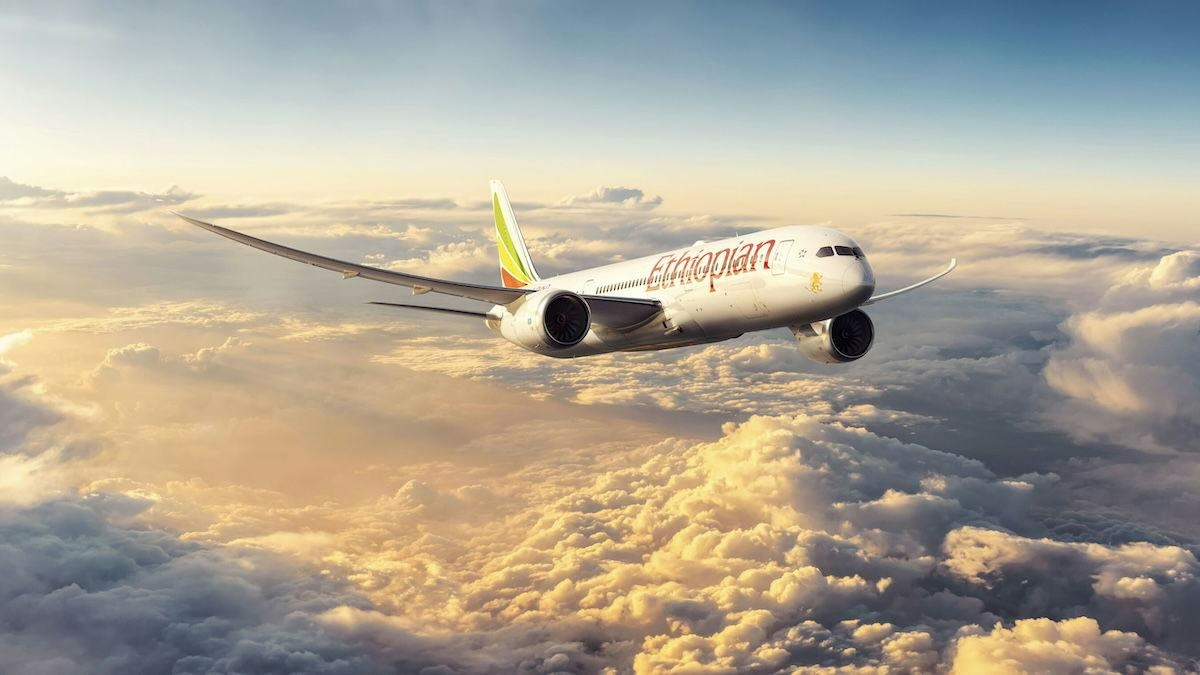
Ethiopian Airlines Orders Nine Boeing 787-9 Jets
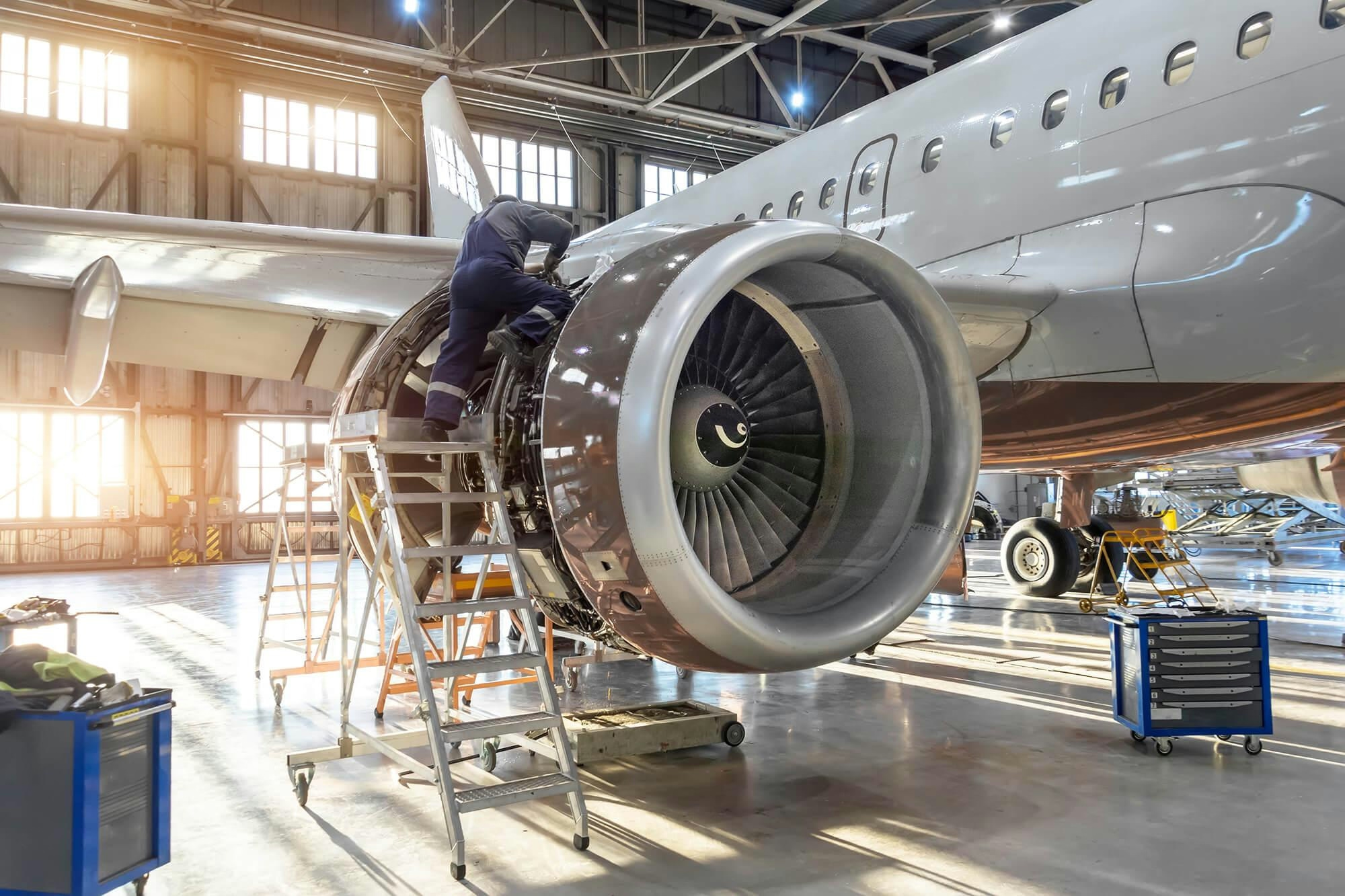
Commercial Aircraft MRO Market Expected to Reach $165 Billion by 2035 Driven by Engine Maintenance Demand
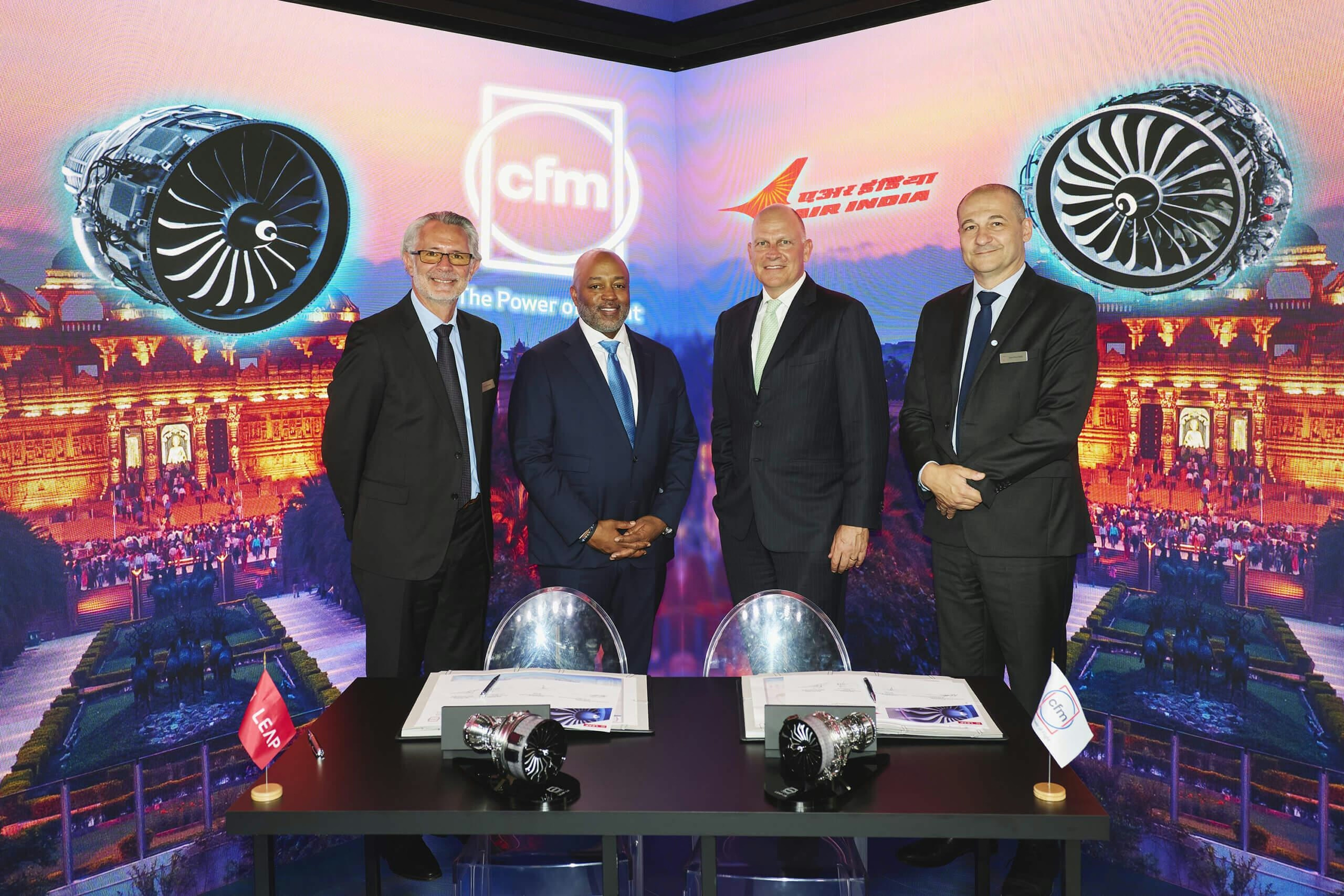
IATA and CFM International Renew Engine Maintenance Agreement
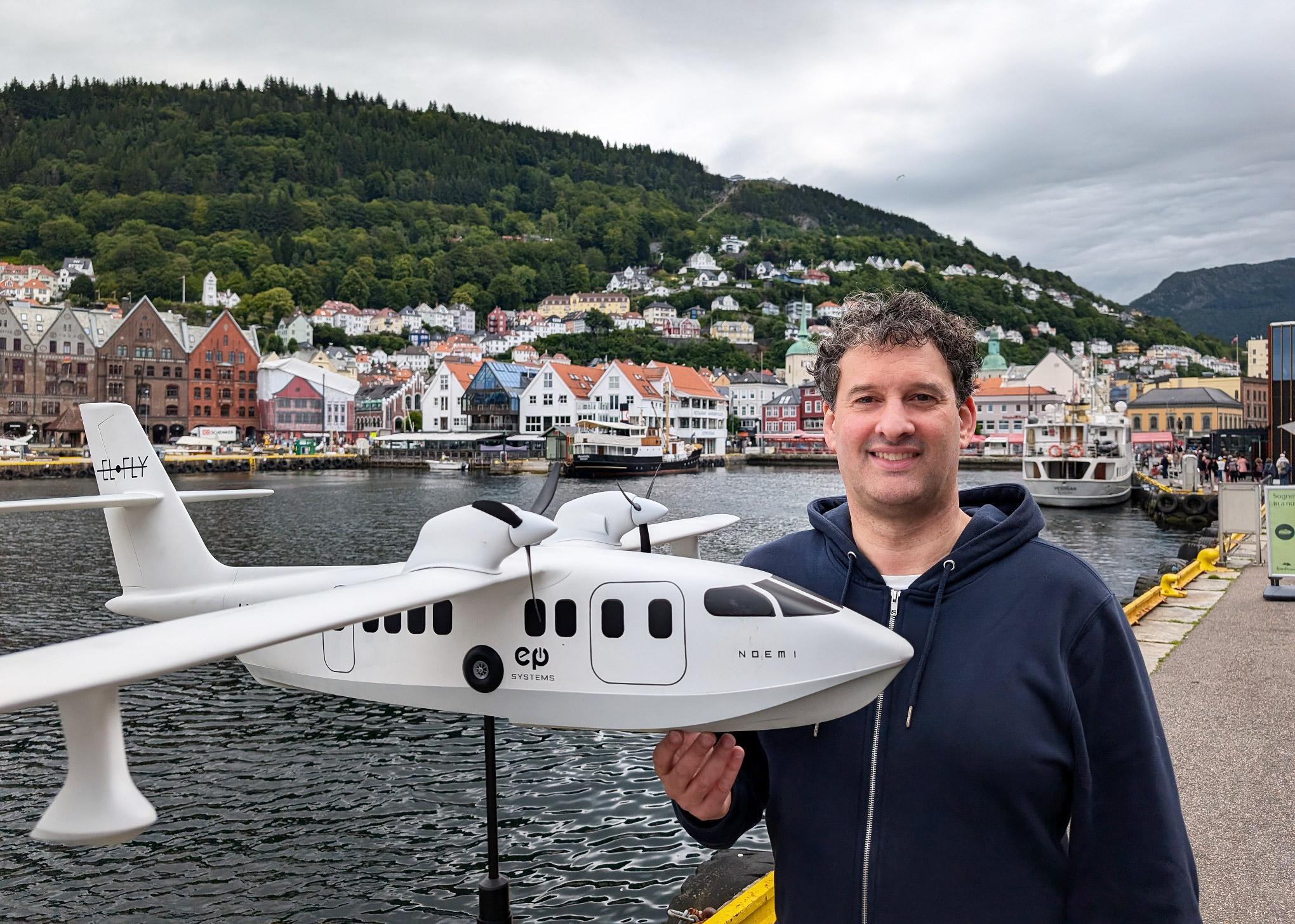
Elfly and UrbanLink Develop Electric Seaplane Concept
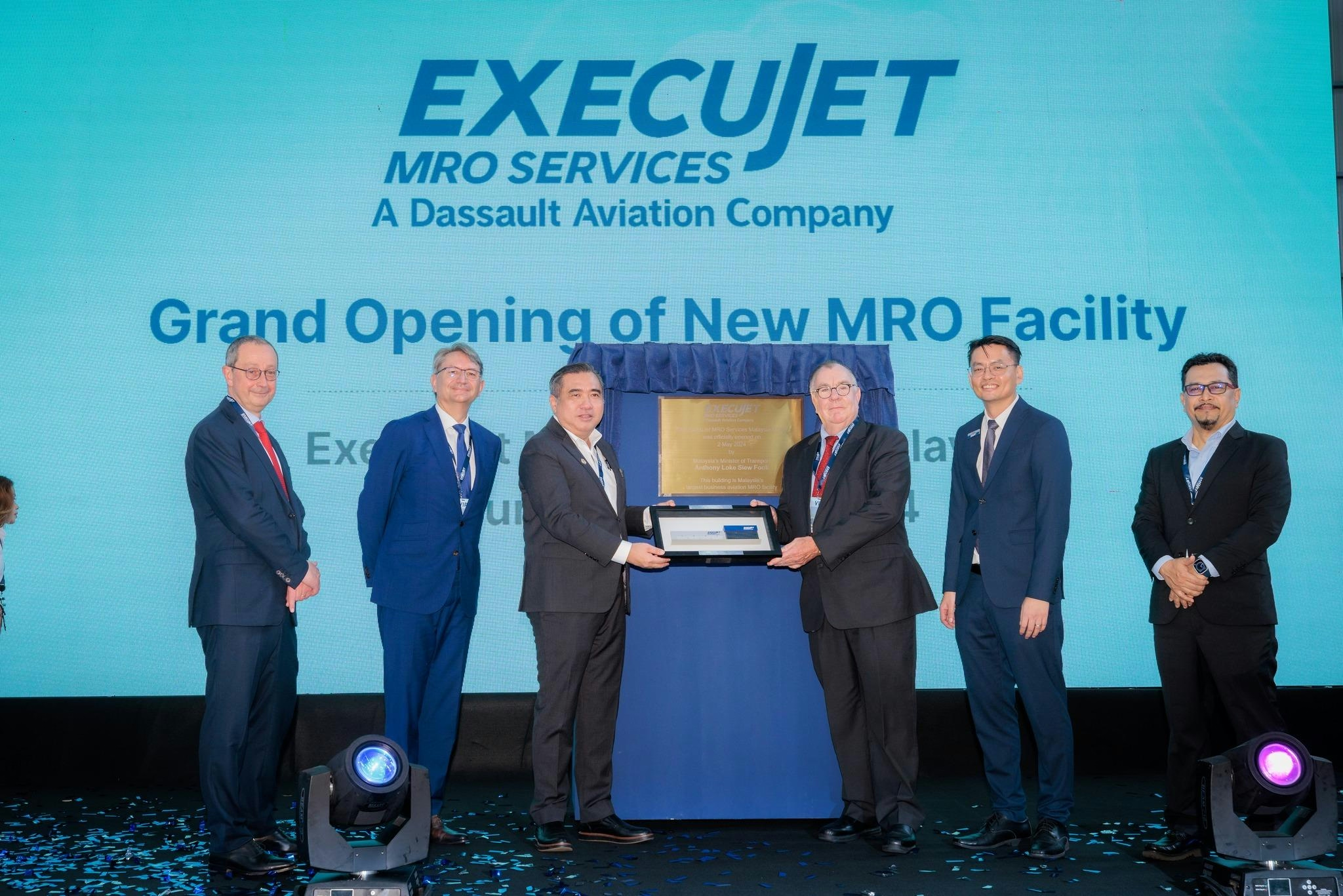
ExecuJet MRO Services Belgium Receives FAA Approval
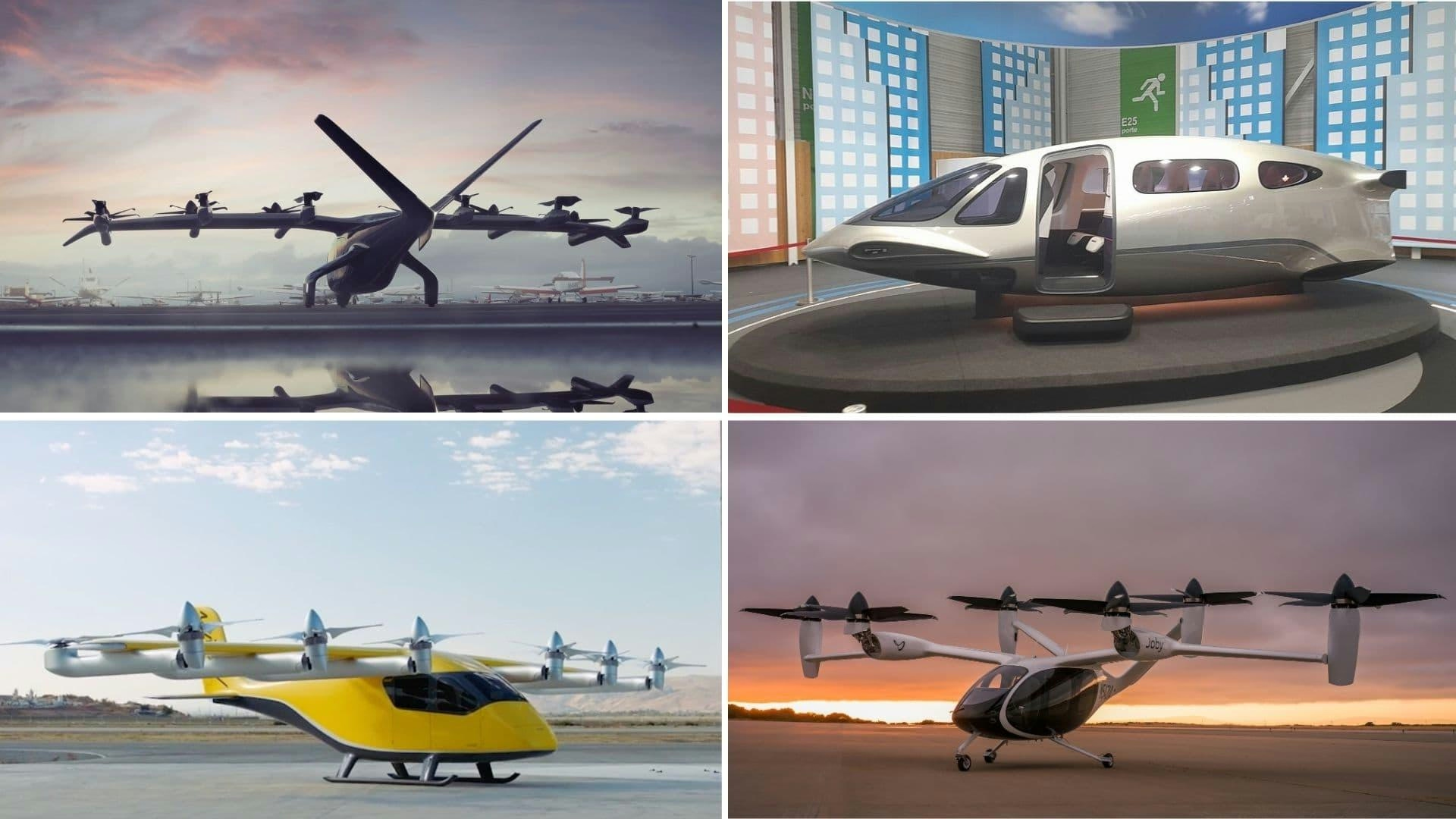
New Developments Reshaping the Flying Taxi Market

David Kerr and Christian Gessner Join Awery Aviation Software
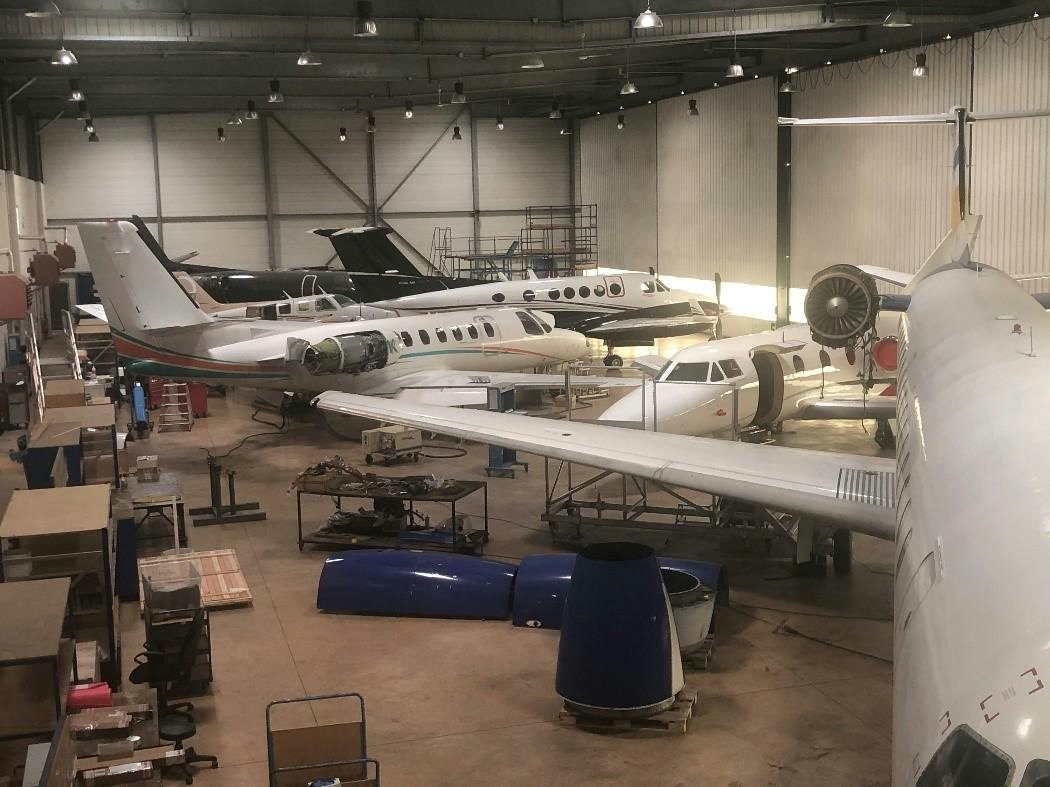
Parata Air Begins Operations with AMOS
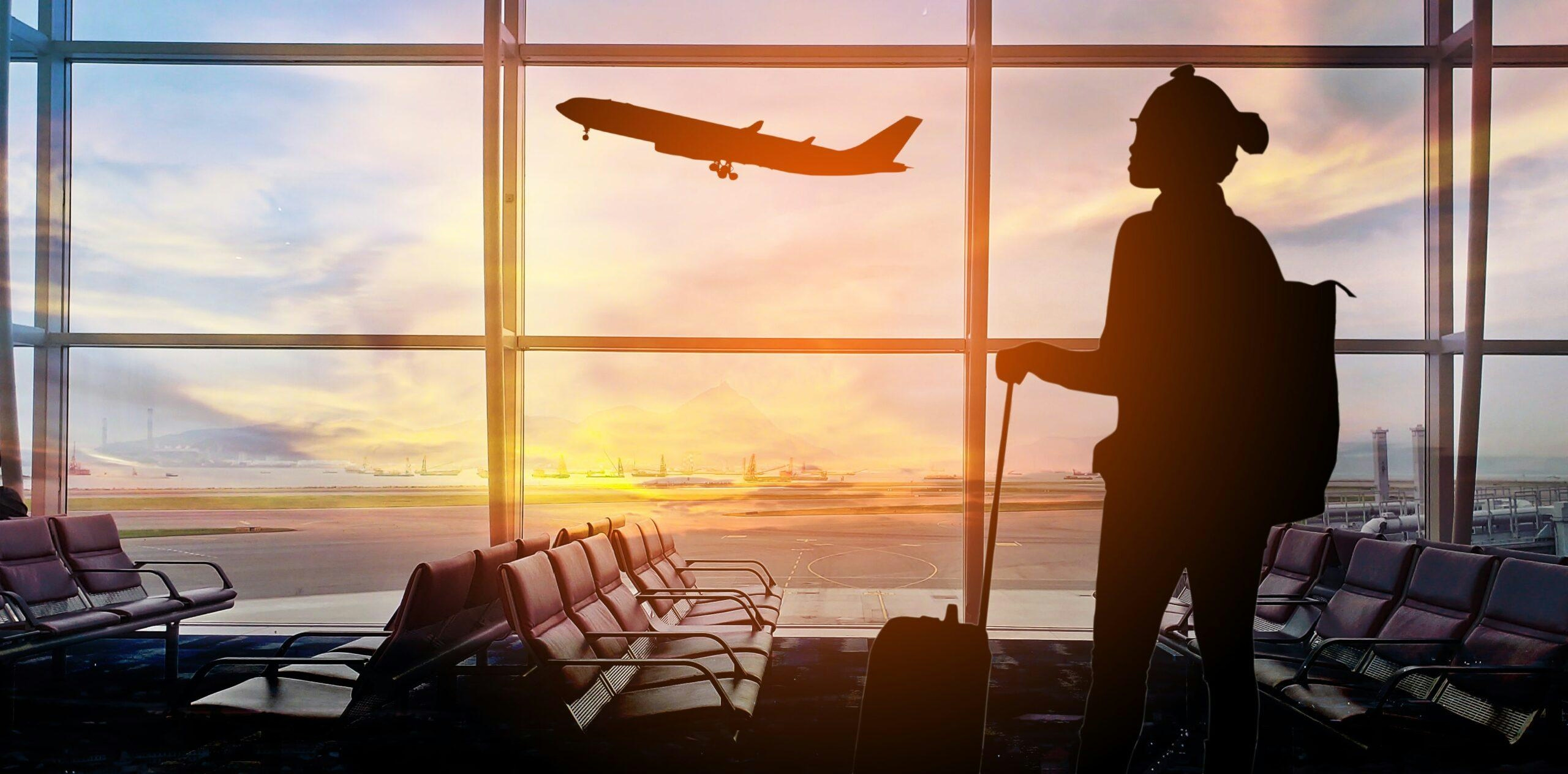
IBS Software Names Christophe Roux Head of Aviation Passenger Business
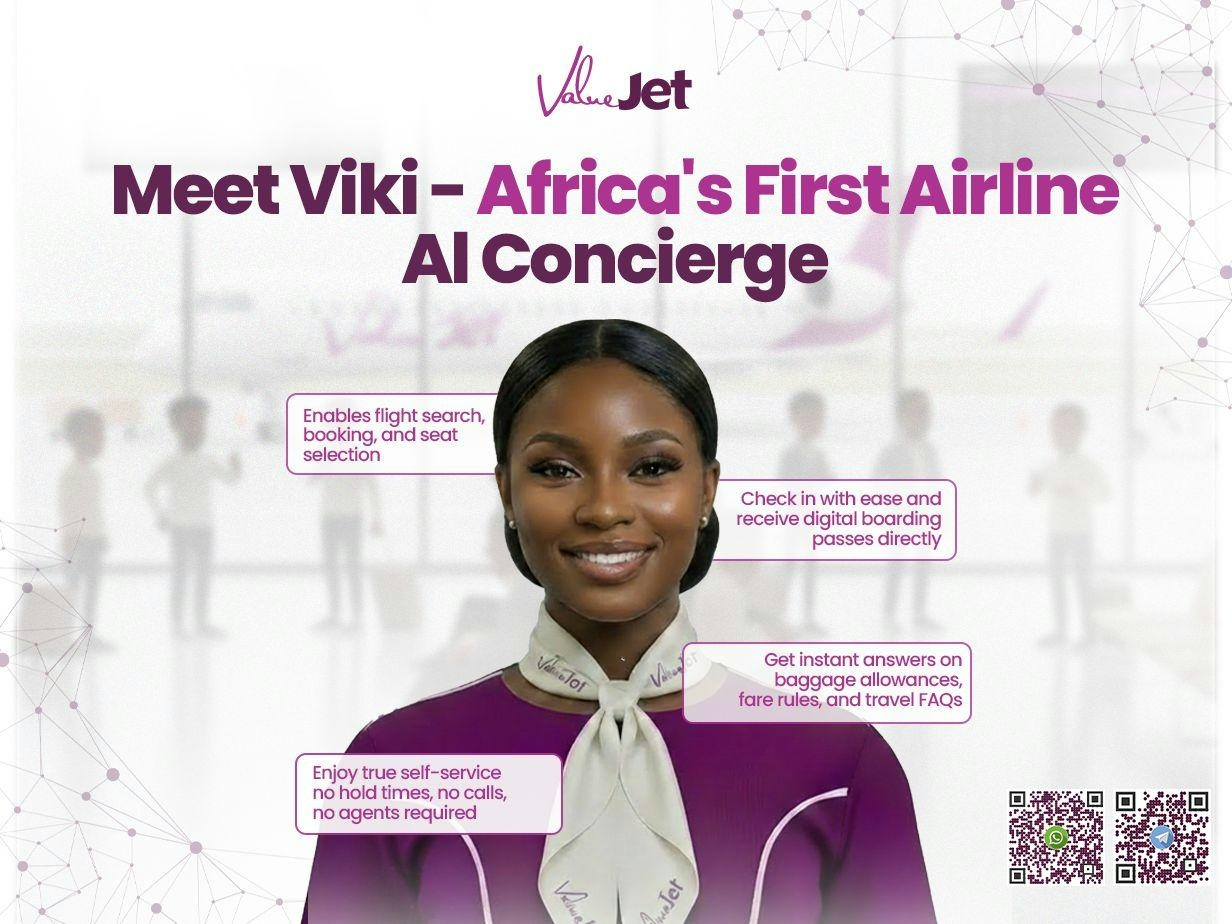
ValueJet Introduces VIKI, Africa’s First Full-Scale Airline AI Concierge
